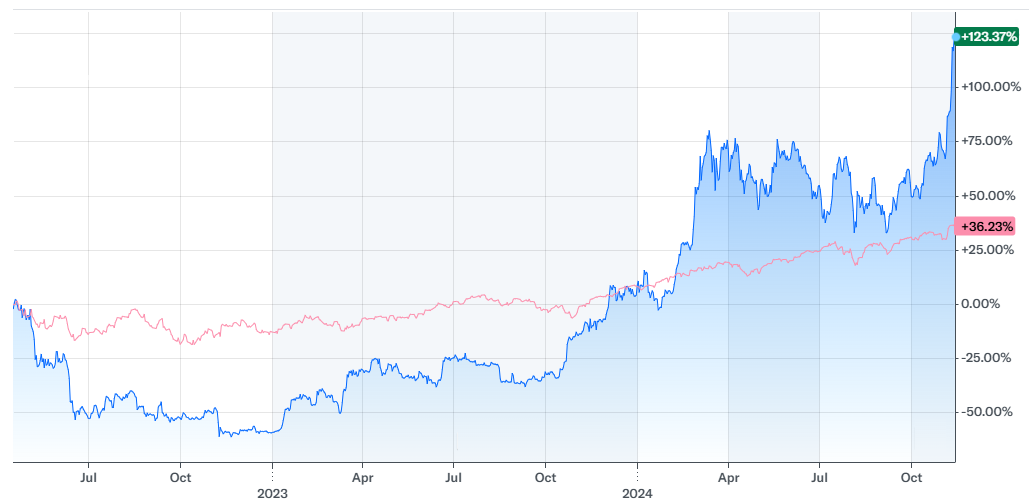The Efficient Market Hypothesis (EMH) is a cornerstone of traditional finance, asserting that asset prices fully reflect all available information. In such a market, it’s impossible to consistently “beat the market” because any new information is instantly priced in. However, the volatile and nascent world of cryptocurrency trading presents a unique challenge to this theory.
Key Points
- EMH and Traditional Markets: In established markets like stocks, EMH suggests that prices are rational and reflect the collective wisdom of investors. This makes it difficult for traders to gain an edge through analysis or timing.
- Cryptocurrency’s Wild West: Cryptocurrency markets, known for their volatility and speculative nature, often exhibit behaviors that seemingly contradict EMH. Large price swings, driven by news, sentiment, and even manipulation, are common.
- Information Asymmetry: Unlike traditional markets with regulated disclosure, information in the crypto space can be opaque. This asymmetry can lead to inefficiencies and opportunities for those with access to insider knowledge.
- Behavioral Finance: The influence of psychology and herd behavior on cryptocurrency prices is undeniable. Fear, greed, and FOMO (fear of missing out) can drive irrational market movements, further challenging EMH.
- Arbitrage Opportunities: While EMH suggests that arbitrage opportunities should be quickly exploited and eliminated, price discrepancies across different cryptocurrency exchanges can persist, suggesting inefficiencies.

Bitcoin value has historically been uncorrelated with the S&P 500 index.
Implications for Traders
- Technical Analysis: While EMH questions the effectiveness of technical analysis in predicting future prices, many crypto traders rely on charts and patterns. The high volatility of crypto can create the illusion of patterns, leading to self-fulfilling prophecies.
- Fundamental Analysis: Evaluating a cryptocurrency’s underlying technology, team, and use case is crucial. However, the lack of standardized metrics and the rapid pace of innovation make fundamental analysis challenging.
- Risk Management: The volatile nature of crypto markets necessitates robust risk management strategies. Diversification, stop-loss orders, and a clear understanding of one’s risk tolerance are essential.
Conclusion
The relationship between the Efficient Market Hypothesis and cryptocurrency trading is complex and evolving. While EMH provides a valuable framework for understanding market behavior, the unique characteristics of the crypto space present significant challenges to its assumptions.
For traders, this means navigating a landscape where both rational and irrational forces are at play. A balanced approach, combining elements of fundamental and technical analysis with a strong emphasis on risk management, is crucial for success in this dynamic and unpredictable market.
Remember, the cryptocurrency market is still in its early stages, and its adherence to traditional financial theories remains an open question. As the market matures and regulation increases, we may see a convergence towards greater efficiency, but for now, it remains a fascinating testing ground for market theories.










